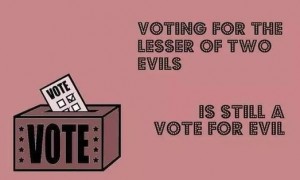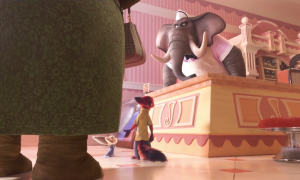If only 要是、但愿
If only 后的子句通常为假设语气,用以表示「与现在事实相反」的状态,具有「要是」、「假如」、「但愿」等意涵。要注意的是,当我们所希望发生事件时间点不同时,if only 的用法也会发生差异。
(1) 希望现在或未来的某事有所不同
当谈论希望某事「现在」发生时,其句型为「If only +主词+过去式动词」。要特别注意的是,无论主词为何,若使用到 be 动词,则一律使用「were」,不用「was」。
If only I knew how to deal with it.
要是我知道要怎么处理就好了。 (其实我不知道要怎么处理。)
If only he were here.
要是他在这里就好了。 (其实他不在。)
当想要表达希望「某件事与现况有所不同」或是希望「未来某件事能够如何」,可以用 would 和 could 这两个助动词,句型为「If only+主词+would/could+原形动词」。
If only things would go back to normal by the end of the year.
但愿年底前一切能够恢复正常。 (目前一切尚未恢复正常。)
If only Mike and Shirley could fix their relationship.
希望 Mike 和 Shirley 可以重修旧好。 (目前他们还没和好如初。)

(2) 后悔过去已发生的某事
当我们想表达对过去已经发生的某事感到后悔,希望当初事情能够有所不同时,句型为「If only+主词+过去完成式动词」。
If only Dylan had warned me about his crazy roommate.
要是 Dylan 有先警告过我他的友的疯狂就好了。 (Dylan 并没有事先警告我。)
If only I hadn’t turned off the alarm this morning.
要是我今天早上没有把闹钟按掉就好了。 (但我今天早上把闹钟按掉了。)
only if 只有…才能…
相较于 if only 的假设语气,only if 则较为笃定,用来表示「唯有在某限定情况下,某事才可能发生」,其后子句需倒装,句型有两种,分别为「only if+主词 1+动词 1+动词 2+主词 2」及「主词 2 + 动词 2 + only if + 主词 1 + 动词 1」,其中「主词 1 + 动词 1」用以表示「条件」。要注意的是,两个子句中间都不需逗点。
This show is suitable for children only if they are accompanied by their parents. (= only if they are accompanied by their parents is the show suitable for children.)
这个节目只有在大人的陪同下,才适合儿童观看。
only if I lose weight will this dress fit me well. (= This dress will fit me well only if I lose weight.)
我只有减肥,这件洋装才会合穿。
同样表示特定条件的字词还有 unless,表示「除非…否则…」,不同的是,unless 前的子句须为否定。
Daisy will forgive you only if you sincerely apologize to her. (= only if you sincerely apologize to her will Daisy forgive you.)
唯有你真心地向 Daisy 道歉,她才会原谅你。
Daisy will not forgive you unless you sincerely apologize to her.
除非你真心地向 Daisy 道歉,否则她是不会原谅你的。







